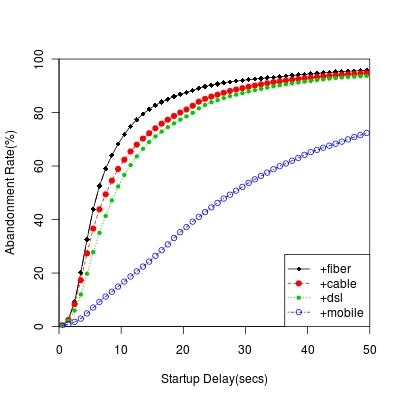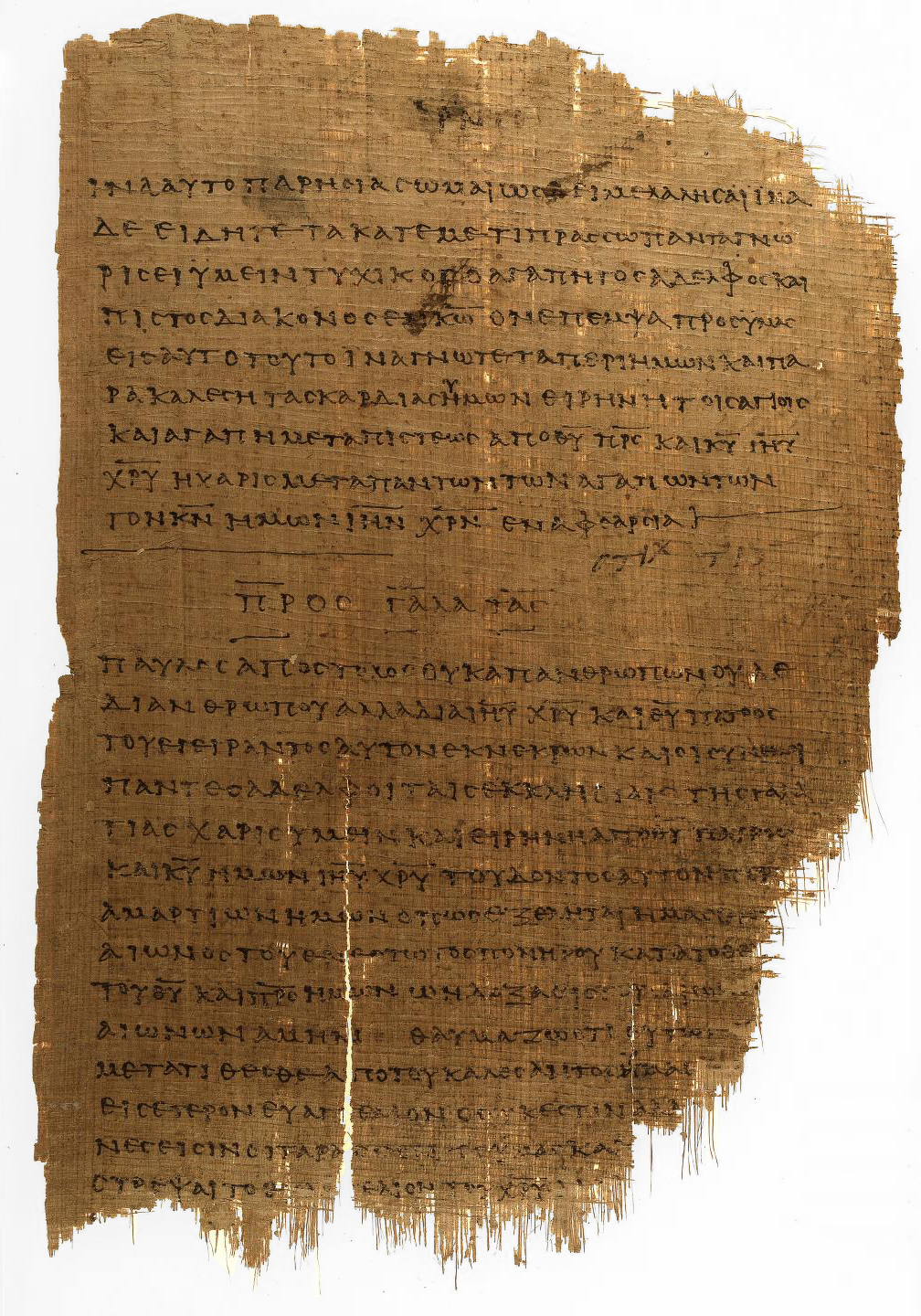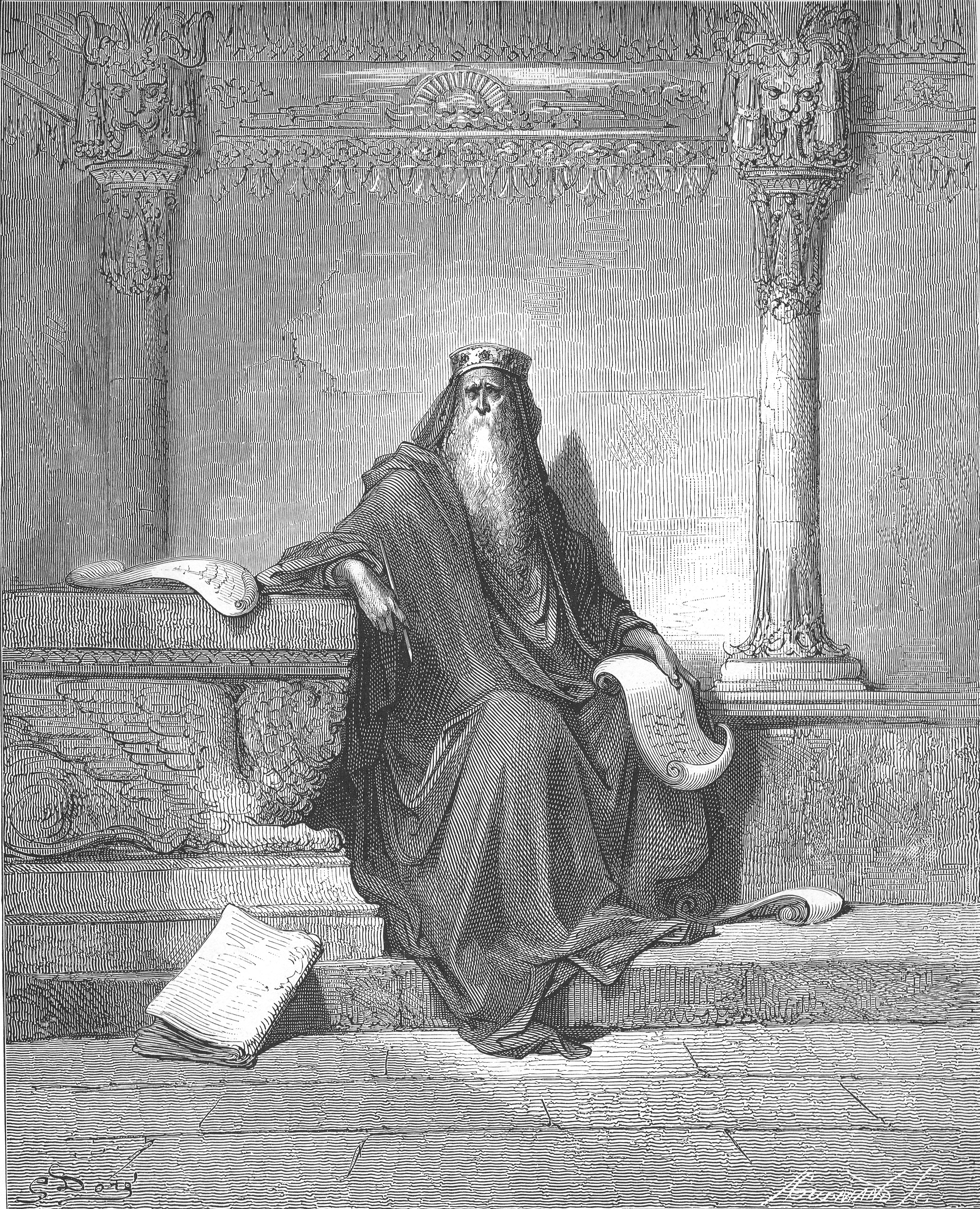|
Patience
or forbearance, is the ability to endure difficult or undesired long-term circumstances. Patience involves perseverance or tolerance in the face of delay, provocation, or stress without responding negatively, such as reacting with disrespect or anger. Patience is also used to refer to the character trait of being disciplined and steadfast. Antonyms of patience include impatience, hastiness, and impetuousness. Scientific perspectives In psychology and in cognitive neuroscience, patience is studied as a decision-making problem, involving the choice of either a small reward in the short-term, versus a more valuable reward in the long-term. In a 2005 study, common marmosets and cottontop tamarins chose between taking an immediate small reward and waiting a variable amount of time for a large reward. Under these conditions, marmosets waited significantly longer for food than tamarins. This difference cannot be explained by life history, social behaviour, or brain size. ... [...More Info...] [...Related Items...] OR: [Wikipedia] [Google] [Baidu] |
Seven Virtues
In Christian history, the seven heavenly virtues combine the four cardinal virtues of prudence, justice, temperance, and fortitude with the three theological virtues of faith, hope, and charity. The seven capital virtues, also known as seven lively virtues, contrary or remedial virtues, are those opposite to the seven deadly sins. They are often enumerated as chastity, temperance, charity, diligence, kindness, patience, and humility. Seven heavenly virtues Cardinal virtues The term "cardinal virtues" () was first used by the 4th-century theologian Ambrose, who defined the four virtues as "temperance, justice, prudence, and fortitude". These were also named as cardinal virtues by Augustine of Hippo, and were subsequently adopted by the Catholic Church. They are described as "human virtues" in the Catholic ''Catechism''. Prior to Ambrose, these four qualities were identified by the Greek philosopher Plato as the necessary character traits of a good man, and were discussed by ... [...More Info...] [...Related Items...] OR: [Wikipedia] [Google] [Baidu] |
Fruit Of The Holy Spirit
The Fruit of the Holy Spirit (sometimes referred to as the Fruits of the Holy Spirit) is a biblical term that sums up nine attributes of a person or community living in accord with the Holy Spirit, according to chapter 5 of the Epistle to the Galatians: "But the fruit of the Spirit is love, joy, peace, patience, kindness, goodness, faithfulness, gentleness, and self-control." The fruit is contrasted with the works of the flesh discussed in the previous verses."These qualities are the result of the work of the Holy Spirit in a Christian's life." /sup> Galatians 5:22–23 (New International Version). The Catholic Church follows the Latin Vulgate version of Galatians in recognizing twelve attributes of the Fruit: charity (''caritas''), joy (''gaudium''), peace (''pax''), patience (''patientia''), benignity (''benignitas''), goodness (''bonitas''), longanimity (''longanimitas''), mildness (''mansuetudo''), faith (''fides''), modesty (''modestia''), continency (''continentia''), ... [...More Info...] [...Related Items...] OR: [Wikipedia] [Google] [Baidu] |
Virtue
A virtue () is a trait of excellence, including traits that may be morality, moral, social, or intellectual. The cultivation and refinement of virtue is held to be the "good of humanity" and thus is Value (ethics), valued as an Telos, end purpose of life or a foundational principle of being. In human practical ethics, a virtue is a disposition to choose actions that succeed in showing high moral standards: doing what is said to be right and avoiding what is wrong in a given field of endeavour, even when doing so may be unnecessary from a utilitarianism, utilitarian perspective. When someone takes pleasure in doing what is right, even when it is difficult or initially unpleasant, they can establish virtue as a habit. Such a person is said to be virtuous through having cultivated such a disposition. The opposite of virtue is vice. Other examples of this notion include the concept of Merit (Buddhism), merit in Asian traditions as well as (Chinese language, Chinese ). Etymology The ... [...More Info...] [...Related Items...] OR: [Wikipedia] [Google] [Baidu] |
Three Virtues Patientia
3 (three) is a number, numeral and digit. It is the natural number following 2 and preceding 4, and is the smallest odd prime number and the only prime preceding a square number. It has religious and cultural significance in many societies. Evolution of the Arabic digit The use of three lines to denote the number 3 occurred in many writing systems, including some (like Roman and Chinese numerals) that are still in use. That was also the original representation of 3 in the Brahmic (Indian) numerical notation, its earliest forms aligned vertically. However, during the Gupta Empire the sign was modified by the addition of a curve on each line. The Nāgarī script rotated the lines clockwise, so they appeared horizontally, and ended each line with a short downward stroke on the right. In cursive script, the three strokes were eventually connected to form a glyph resembling a with an additional stroke at the bottom: ३. The Indian digits spread to the Caliphate in the 9th ... [...More Info...] [...Related Items...] OR: [Wikipedia] [Google] [Baidu] |
Epistle To The Galatians
The Epistle to the Galatians is the ninth book of the New Testament. It is a letter from Paul the Apostle to a number of Early Christian communities in Galatia. Scholars have suggested that this is either the Galatia (Roman province), Roman province of Galatia in southern Early centers of Christianity#Asia Minor, Anatolia, or a large region defined by ''Galatians (people), Galatians,'' an ethnic group of Celtic people in central Anatolia. The letter was originally written in Koine Greek and later translated into other languages. In this letter, Paul is principally concerned with the controversy surrounding Gentile Christians and the Law of Moses, Mosaic Law during the Apostolic Age. Paul argues that the Gentile Galatians do not need to adhere to the tenets of the Mosaic Law, particularly religious male circumcision, by contextualizing the role of the law in light of the revelation of Christ. The Epistle to the Galatians has exerted enormous influence on the history of Christiani ... [...More Info...] [...Related Items...] OR: [Wikipedia] [Google] [Baidu] |
Apostle Paul
Paul, also named Saul of Tarsus, commonly known as Paul the Apostle and Saint Paul, was a Apostles in the New Testament, Christian apostle ( AD) who spread the Ministry of Jesus, teachings of Jesus in the Christianity in the 1st century, first-century world. For his contributions towards the New Testament, he is generally regarded as one of the most important figures of the Apostolic Age, and he also founded Early centers of Christianity, several Christian communities in Asia Minor and Europe from the mid-40s to the mid-50s AD. The main source of information on Paul's life and works is the Acts of the Apostles in the New Testament. Approximately half of its content documents his travels, preaching and miracles. Paul was not one of the Twelve Apostles, and did not know Jesus during his lifetime. According to the Acts, Paul lived as a Pharisees, Pharisee and participated in the Persecution of Christians in the Roman Empire, persecution of early Disciple (Christianity), disciples ... [...More Info...] [...Related Items...] OR: [Wikipedia] [Google] [Baidu] |
Cardinal Virtues
The cardinal virtues are four virtues of mind and character in classical philosophy. They are prudence, Justice (virtue), justice, Courage, fortitude, and Temperance (virtue), temperance. They form a Virtue ethics, virtue theory of ethics. The term ''cardinal'' comes from the Latin (hinge); these four virtues are called "cardinal" because all other virtues fall under them and hinge upon them. These virtues derive initially from Plato in ''The Republic (Plato), Republic'' Book IV, 426-435. Aristotle expounded them systematically in the ''Nicomachean Ethics''. They were also recognized by the Stoicism, Stoics and Cicero expanded on them. In the Christian tradition, they are also listed in the Deuterocanonical books in and , and the Doctor of the Church, Doctors Ambrose, Augustine of Hippo, Augustine, and Thomas Aquinas, Aquinas expounded their supernatural counterparts, the three theological virtues of faith, hope, and charity. Four cardinal virtues * Prudence (, Phronesis, ; ... [...More Info...] [...Related Items...] OR: [Wikipedia] [Google] [Baidu] |
Theological Virtues
Theological virtues are virtues associated in Christian theology and philosophy with salvation resulting from the grace of God. Virtues are traits or qualities which dispose one to conduct oneself in a morally good manner. Traditionally the theological virtues have been named faith, hope, and charity (love). They are coupled with the four natural or cardinal virtues, and opposed to the seven deadly sins. The medieval Catholic philosopher Thomas Aquinas explained that these virtues are called theological virtues "first, because their object is God, inasmuch as they direct us aright to God: secondly, because they are infused in us by God alone: thirdly, because these virtues are not made known to us, save by Divine revelation, contained in Holy Writ". Background 1 Corinthians 13 The first mention in Christian literature of the three theological virtues is in St. Paul's first letter to the Thessalonians 1:3, "...calling to mind your work of faith and labor of love and endurance in ... [...More Info...] [...Related Items...] OR: [Wikipedia] [Google] [Baidu] |
Salvation In Christianity
In Christianity, salvation (also called deliverance or redemption) is the saving of human beings from sin and its consequences—which include death and separation from God—by Christ's death and resurrection, and the justification entailed by this salvation. The idea of Jesus' death as an atonement for human sin was recorded in the Christian Bible, and was elaborated in Paul's epistles and in the Gospels. Paul saw the faithful redeemed by participation in Jesus' death and rising. Early Christians regarded themselves as partaking in a new covenant with God, open to both Jews and Gentiles, through the sacrificial death and subsequent exaltation of Jesus Christ. Early Christian beliefs of the person and sacrificial role of Jesus in human salvation were further elaborated by the Church Fathers, medieval writers and modern scholars in various atonement theories, such as the ransom theory, Christus Victor theory, recapitulation theory, satisfaction theory, penal su ... [...More Info...] [...Related Items...] OR: [Wikipedia] [Google] [Baidu] |
Holy Spirit In Christianity
Most Christian denominations believe the Holy Spirit, or Holy Ghost, to be the third divine Person of the Trinity, a triune god manifested as God the Father, God the Son, and God the Holy Spirit, each being God. Nontrinitarian Christians, who reject the doctrine of the Trinity, differ significantly from mainstream Christianity in their beliefs about the Holy Spirit. In Christian theology, pneumatology is the study of the Holy Spirit. Due to Christianity's historical relationship with Judaism, theologians often identify the Holy Spirit with the concept of the ''Ruach Hakodesh'' in Jewish scripture, on the theory that Jesus was expanding upon these Jewish concepts. Similar names, and ideas, include the ''Ruach Elohim'' (Spirit of God), ''Ruach YHWH'' (Spirit of Yahweh), and the ''Ruach Hakodesh'' (Holy Spirit). In the New Testament the Holy Spirit is identified with the Spirit of Christ, the Spirit of Truth, and the Paraclete (helper). The New Testament details a close relat ... [...More Info...] [...Related Items...] OR: [Wikipedia] [Google] [Baidu] |
Christianity
Christianity is an Abrahamic monotheistic religion, which states that Jesus in Christianity, Jesus is the Son of God (Christianity), Son of God and Resurrection of Jesus, rose from the dead after his Crucifixion of Jesus, crucifixion, whose coming as the Messiah#Christianity, messiah (Christ (title), Christ) was Old Testament messianic prophecies quoted in the New Testament, prophesied in the Old Testament and chronicled in the New Testament. It is the Major religious groups, world's largest and most widespread religion with over 2.3 billion followers, comprising around 28.8% of the world population. Its adherents, known as Christians, are estimated to make up a majority of the population in Christianity by country, 157 countries and territories. Christianity remains Christian culture, culturally diverse in its Western Christianity, Western and Eastern Christianity, Eastern branches, and doctrinally diverse concerning Justification (theology), justification and the natur ... [...More Info...] [...Related Items...] OR: [Wikipedia] [Google] [Baidu] |
Ecclesiastes
Ecclesiastes ( ) is one of the Ketuvim ('Writings') of the Hebrew Bible and part of the Wisdom literature of the Christian Old Testament. The title commonly used in English is a Latin transliteration of the Greek translation of the Hebrew word ( or ). An unnamed author introduces "The words of Kohelet, son of David, king in Jerusalem" (Ecclesiastes 1:1, 1:1) and does not use his own voice again until the final verses (12:9–14), where he gives his own thoughts and summarises the statements of Kohelet; the main body of the text is ascribed to Kohelet. Kohelet proclaims (1:2) "Vanity of vanities! All is futile!" The Hebrew word , 'vapor' or 'breath', can figuratively mean 'insubstantial', 'vain', 'futile', or 'meaningless'. In some versions, vanity is translated as 'meaningless' to avoid the confusion with the other definition of vanity. Given this, the next verse presents the basic existential question with which the rest of the book is concerned: "What profit can we show for a ... [...More Info...] [...Related Items...] OR: [Wikipedia] [Google] [Baidu] |









